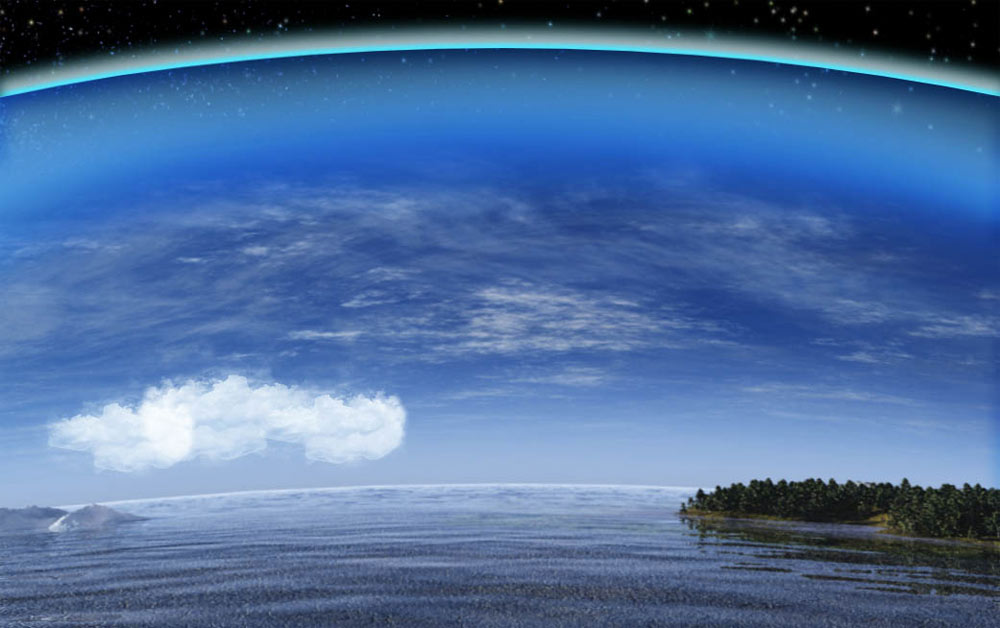Popular Opinion on Climate Change Traced to Political Elites

It seems the general public just can't make up its mind about the existence of man-made climate change. Rather than steadily increasing or decreasing over the last decade, the U.S. public's concern over our warming planet has jumped up and down, according to Gallup polls. But what exactly is driving this seesawing of opinions on climate change?
The level of public concern about this global issue is mostly influenced by the mobilization efforts of political leaders and advocacy groups, new research shows.
"Public opinion regarding climate change is likely to remain divided as long as the political elites send out conflicting messages on this issue," lead researcher Robert Brulle, a professor of sociology and environmental science at Drexel University in Philadelphia, said in a statement.
To come to their conclusions, Brulle and his colleagues aggregated data from 74 separate national surveys conducted between January 2002 and December 2010. The surveys asked 84,086 respondents to gauge the level of threat they attributed to climate change (some of the surveys used different words to describe the phenomenon, such as global warming and the greenhouse effect). The researchers used this information to create a "climate change threat index," which assigned a numerical value to the public's concern for each quarter of the year.
Next, they developed a list of measures to evaluate the five factors they believed should account for the changing levels of concern: extreme weather events, public access to accurate scientific information, media coverage, positions of political elites and efforts by advocacy groups.
For example, to examine the influence of advocacy, the researchers counted the number of stories on climate change in environmental and conservative magazines, as well as the number of New York Times mentions of Al Gore's "An Inconvenient Truth," between 2002 and 2010.
The researchers also looked at several additional control variables that could possibly influence public concern about the environment, such as the unemployment rate and the gross domestic product (if the public is highly concerned with these economic issues, they would be less likely to worry about climate change).
Get the world’s most fascinating discoveries delivered straight to your inbox.
After plugging all this information into computer models, they found that access to scientific information has a minimal effect on the public's opinion about climate change, while weather extremes have no noticeable effect whatsoever (which slightly contrasts with a 2011 study). Media coverage seems to exert an important influence, but the researchers conclude that this coverage is inextricably tied to other factors, such as political opinions and the state of the economy.
With the critical factors now in hand, the researchers sought to create a narrative to explain the major shifts in public opinion -- which occurred in 2004, 2007 and 2010, where 26 percent, 41 percent and 28 percent of Gallup poll respondents, respectively, stated they "worried a great deal" about climate change. (Since 1990, this percentage has never gone higher than 41 percent, and has only once gone below 26 percent, when it dropped to 24 percent in the late 1990s.)
Between 2006 and 2007, the researchers note, key Republicans and Democrats worked together to advocate climate change legislation. Around the same time, "An Inconvenient Truth" hit theaters and subsequently earned an Academy Award, while the economy remained relatively stable.
But starting in 2008, Republican anti-environmental voting increased progressively, hitting its peak in 2010. Additionally, media coverage of Al Gore's documentary faded, and the 2008 financial collapse caused unemployment to increase and the GDP to decline.
The researchers conclude that any communication strategy to raise awareness about climate change must be coupled with a broader political strategy.
"Political conflicts are ultimately resolved through political mobilization and activism," the researchers write in their study, published online Feb. 3 in the journal Climatic Change. "Further efforts to address the issue of climate change need to take this into account."
Correction: This story has been updated to correct the journal name.



